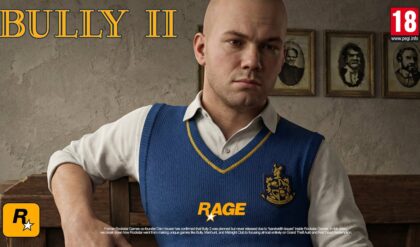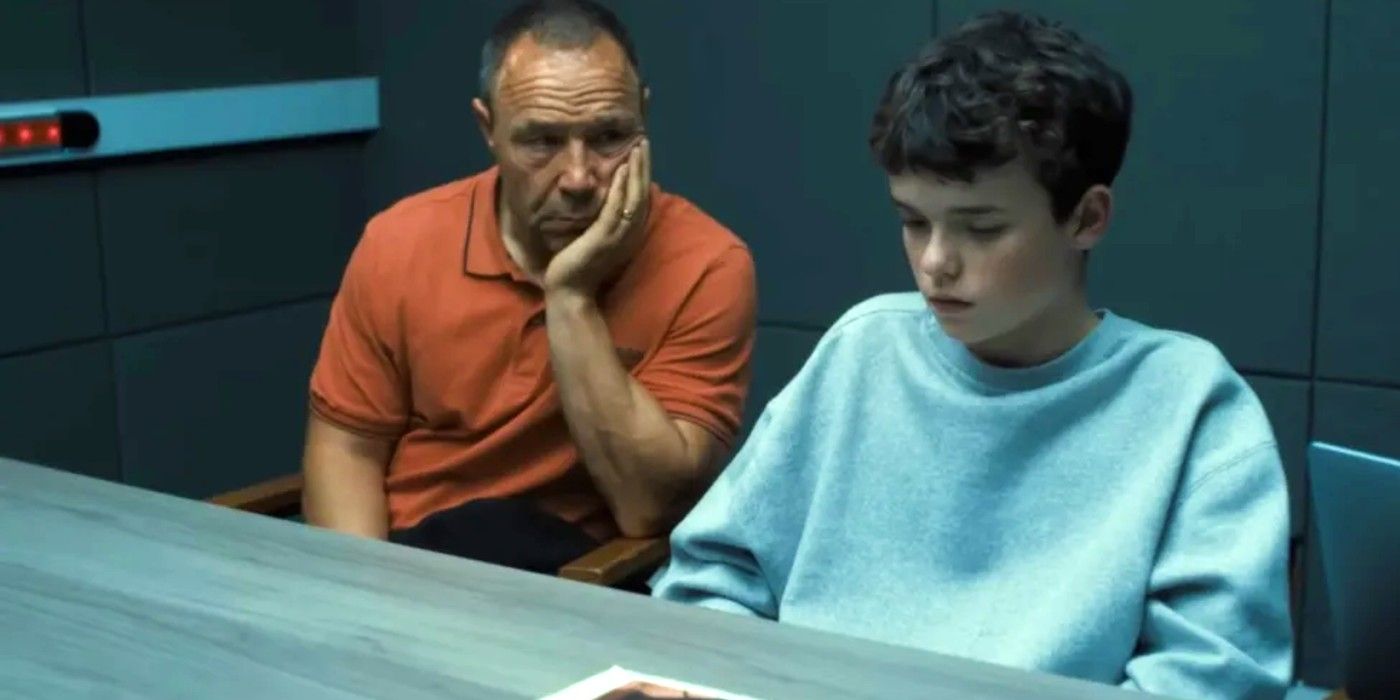
For those who have seen Adolescence, it is clear that Jamie did, in fact, murder Katie. This comes out early on in the series. However, this revelation only leads to a bigger question, which is, why did he do it? Episode three of Adolescence does a good job of unpacking this mystery, as Jamie discusses his beliefs with a court psychologist, Briony. In particular, Briony asks Jamie about masculinity, his father, his romantic and sexual desires, and his experiences with the incel subculture. This conversation leads to shocking realizations about Jamie.
What Incel Means & When The Term Started Being Used
The Incel Ideology Explained
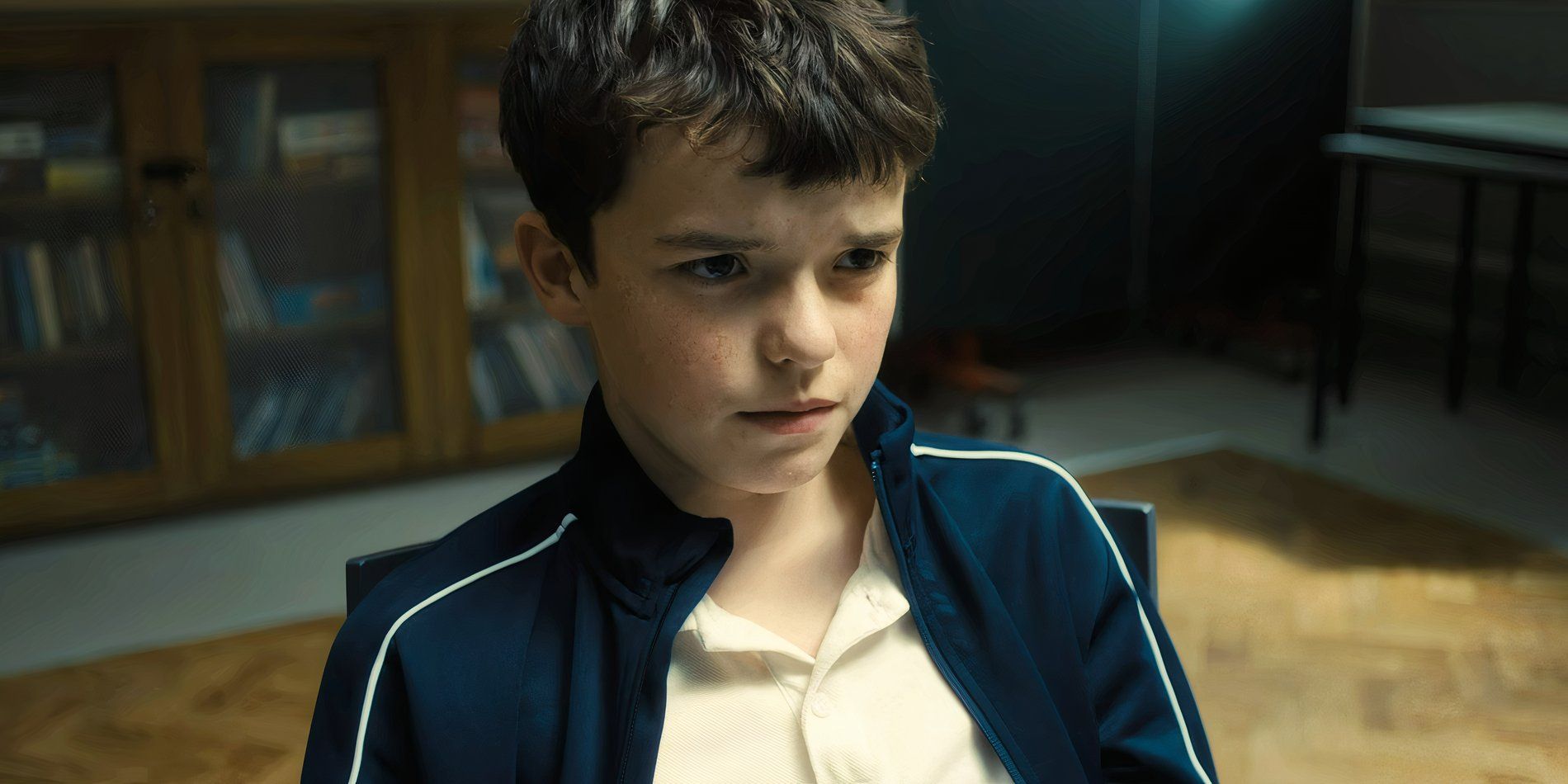
The term incel is a shortening of the phrase “involuntary celibate.” It was first used in the 1990s by a woman only known as Alana, who began a website called “Alana’s Involuntary Celibacy Project.” Initially, Alana used this platform to form a community of people who struggled to find romantic relationships due to shyness or other factors (CNN). However, the word “incel” eventually morphed into a label for heterosexual men who are not only involuntarily celibate, but also blame their lack of romantic and sexual connection on women and society at large.
In 2021, for example, a man named Jack Davison opened fire in the city of Plymouth, killing two women, two men, and a child, before taking his own life. While investigating Davison’s actions, it was quickly discovered that he was active in incel communities on social media. It is believed that the hateful and isolationist views of the incel culture led Davison to extreme depression and despair, and eventually, his crime (Crest Research). This real-life case has some eerie similarities to that of Jamie in Adolescence.
Adolescence’s Story Is Really About Incels & Online Misogny
Adolescence Serves As A Warning To Parents & Internet Users
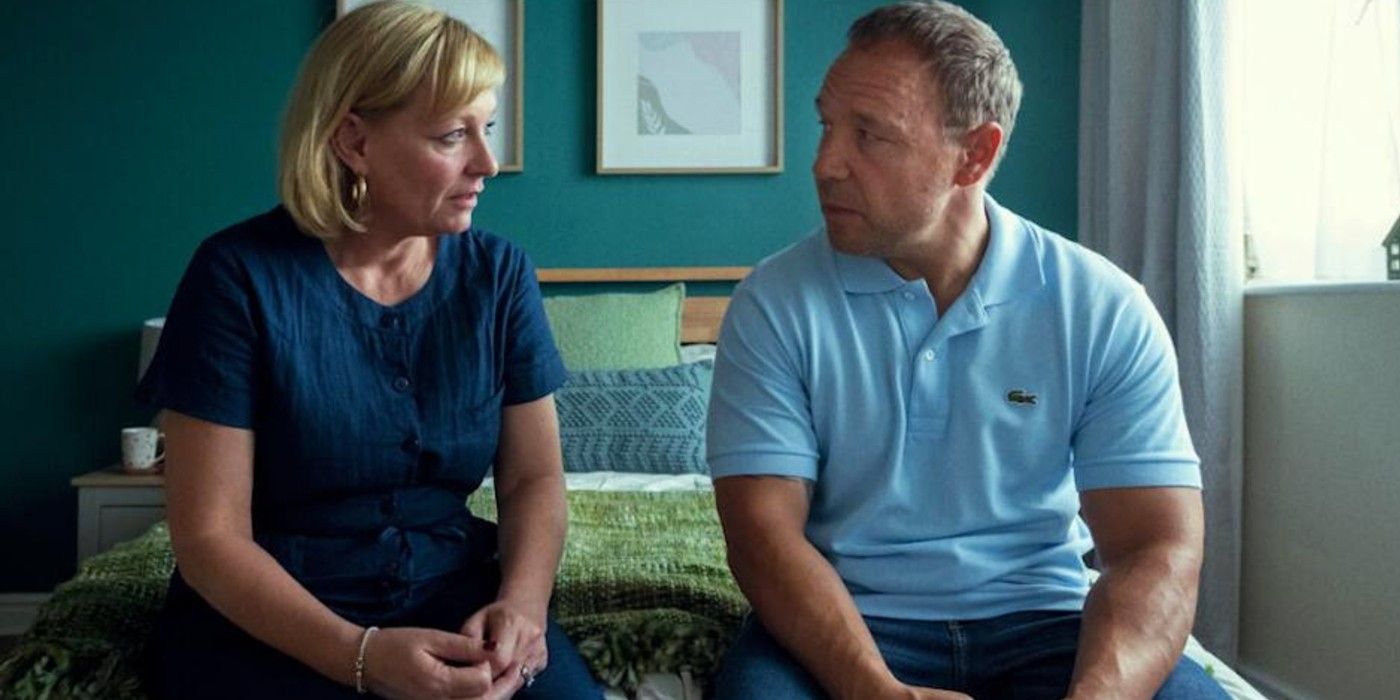
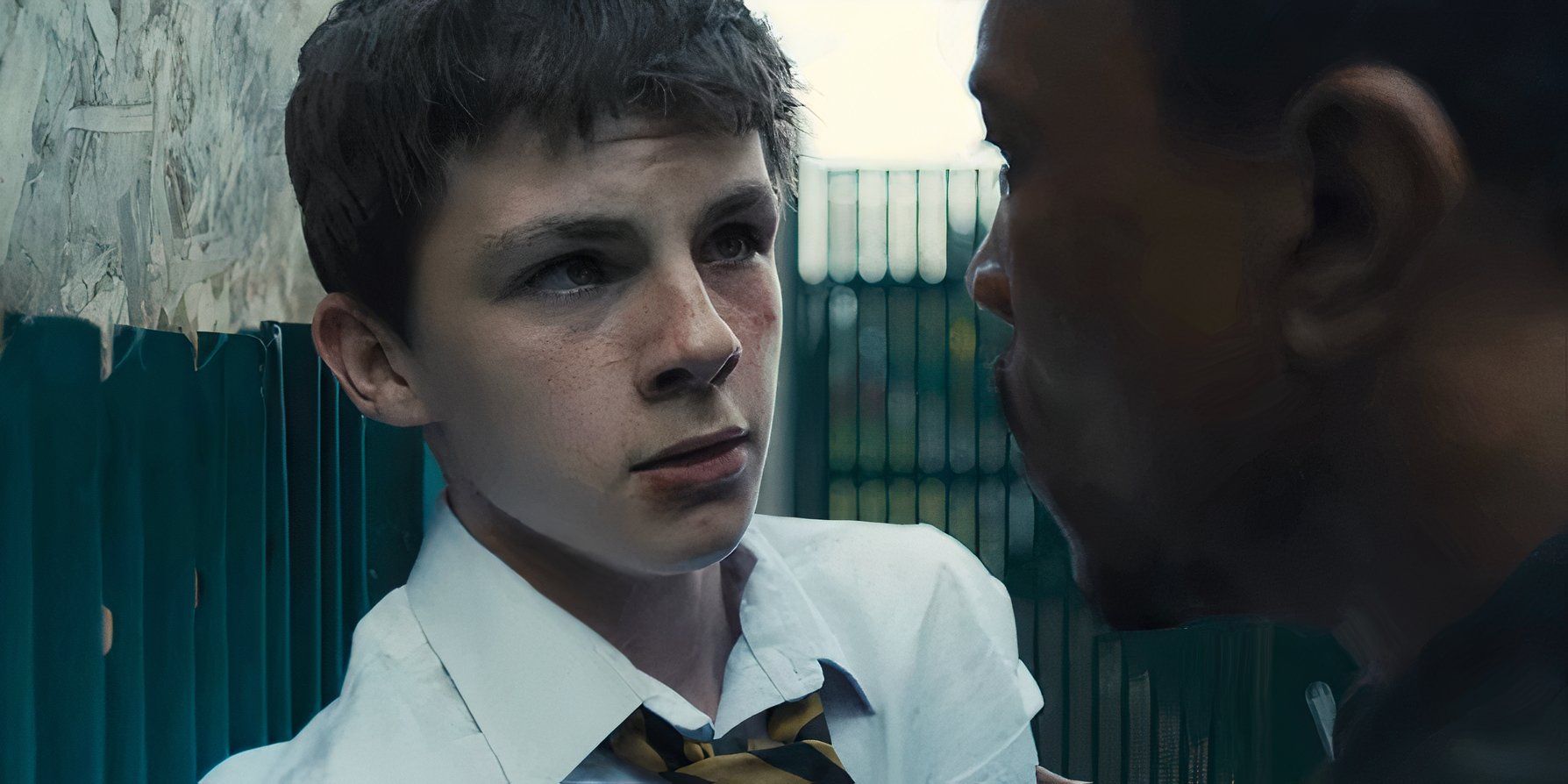
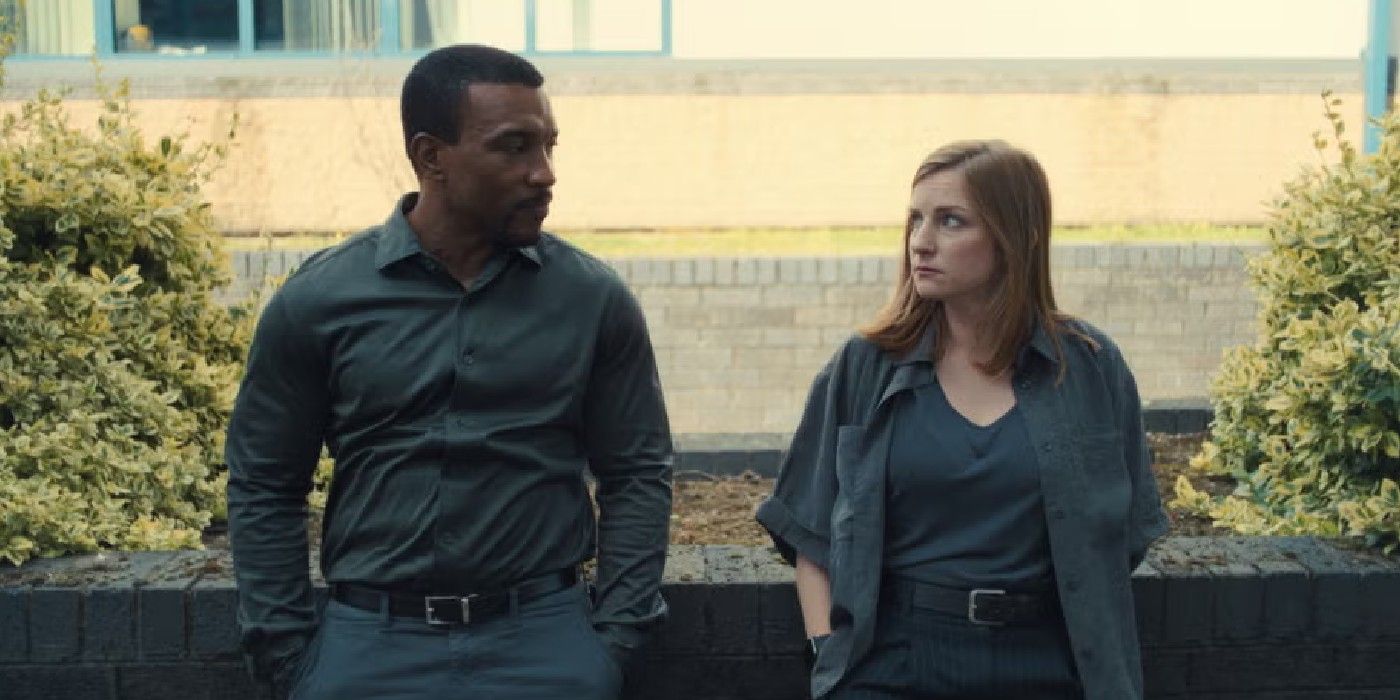
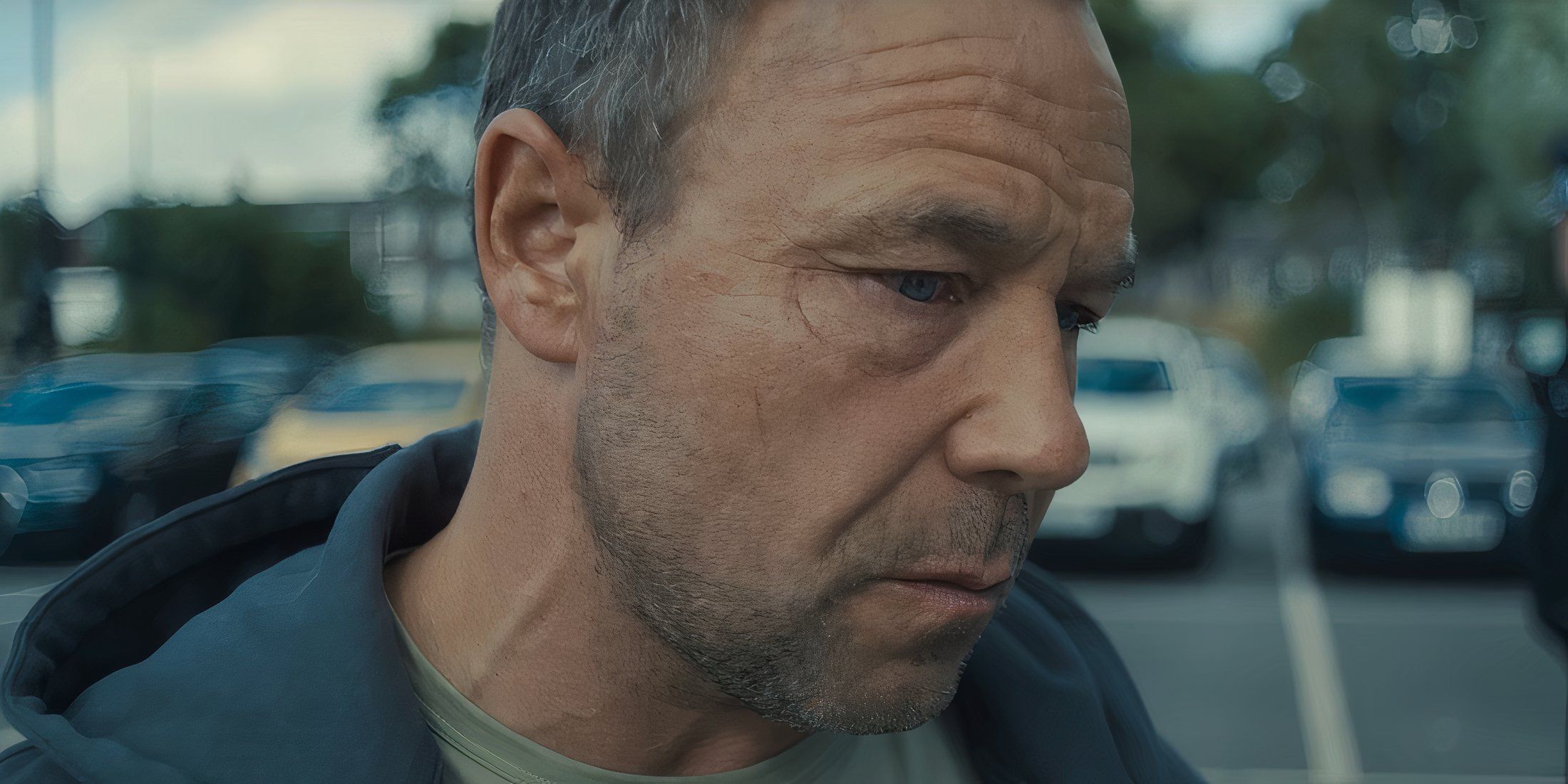
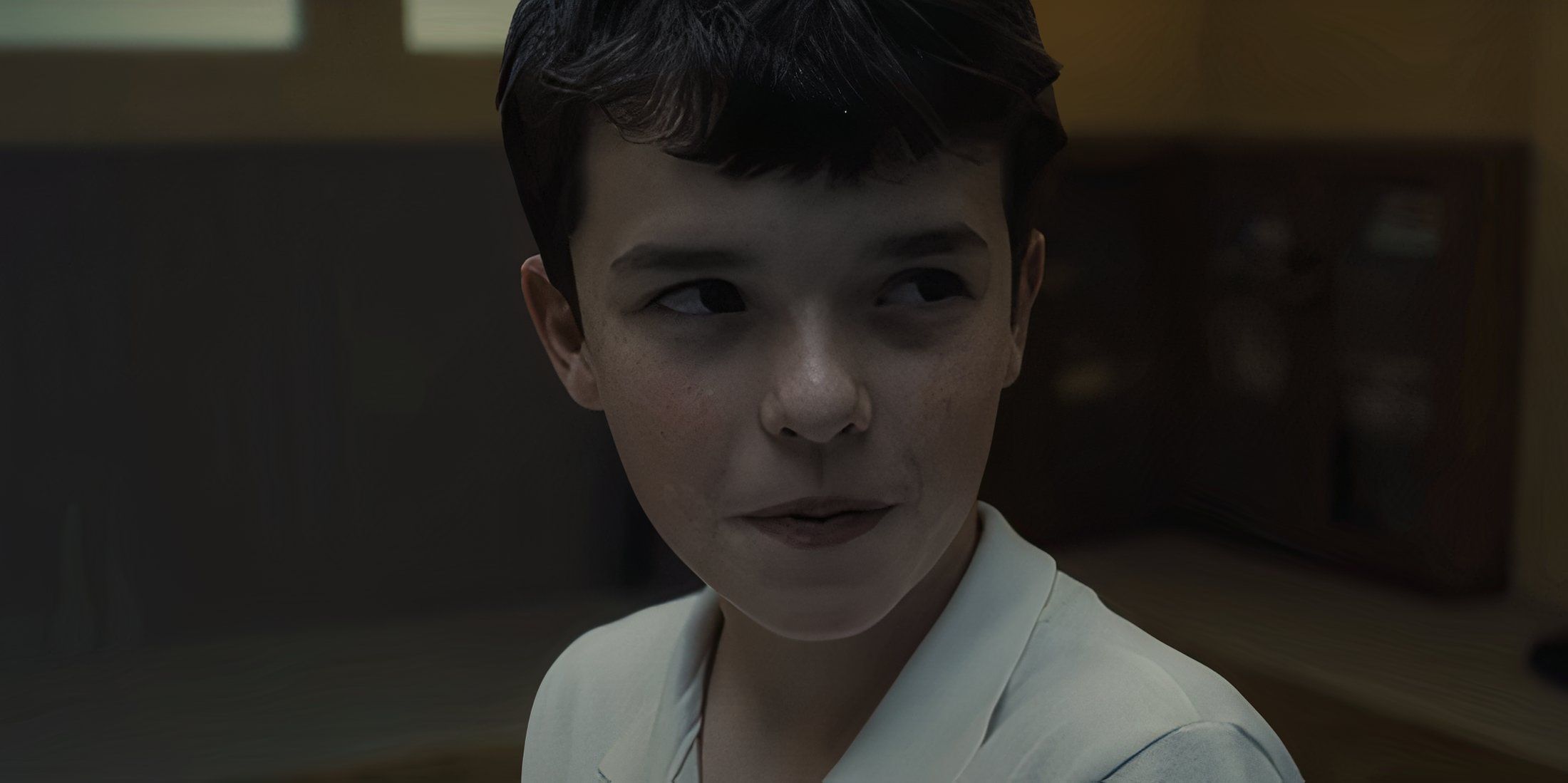





As Adolescence creator, Jack Thorne, explains, Jamie “is this vulnerable kid, and then he hears this stuff which makes sense to him about why he’s isolated, why he’s alone, why he doesn’t belong, and he ingests it. He doesn’t have the filters to understand what’s appropriate” (via BBC). Unfortunately, Jamie’s story is not new or unique. Countless men, often young, are being introduced to the toxic belief system that takes advantage of their loneliness, and skews their worldview towards hate and violence. Ultimately, Thorne believes that Adolescence is a call to action to change this culture through open discussion.
What Is The Manosphere That’s Mentioned In Adolescence?
Adolescence Shows That Jamie Isn’t The Only Victim
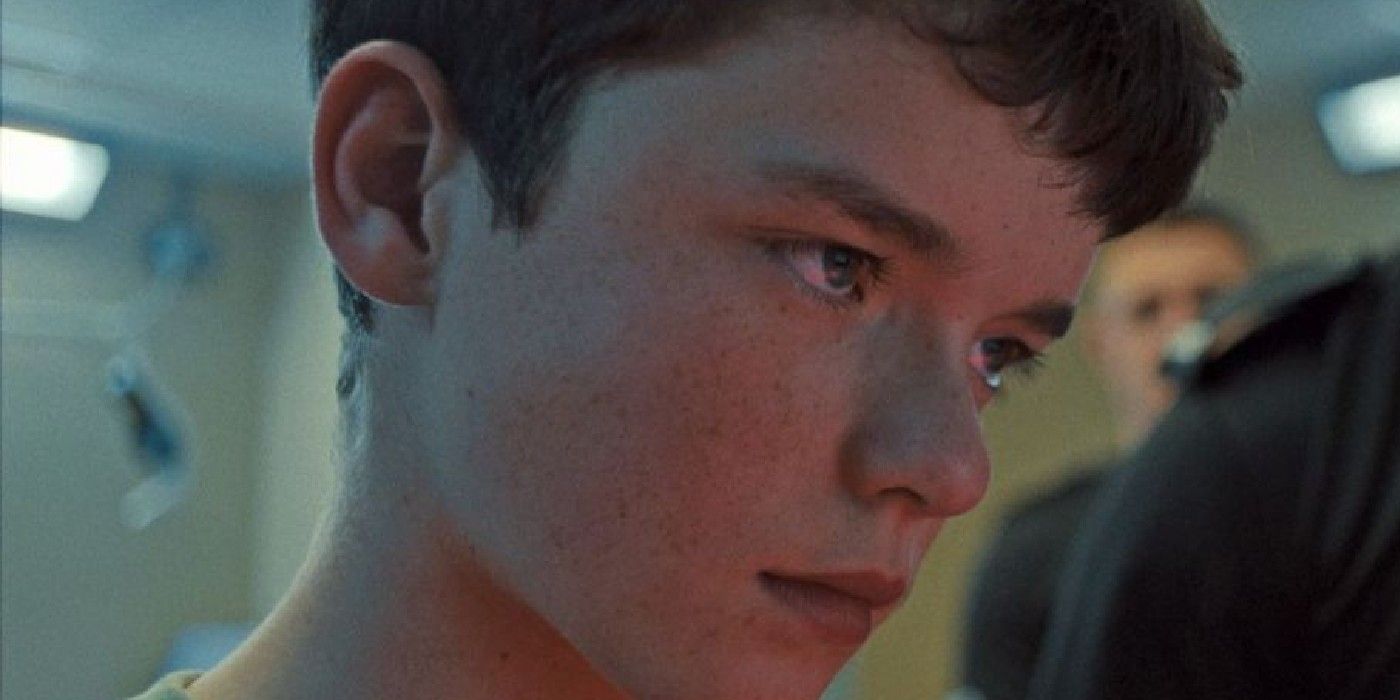
Adolescence’s Rotten Tomatoes Score
Critics – 99%
Audience – 72%
In terms of Adolescence, audiences can see how the manosphere comes into play for all the characters. Ryan provides Jamie with the knife that killed Katie, believing Jamie would only scare her. This terrifying excuse proves Ryan’s own distorted worldview. Meanwhile, Adam is portrayed as a young man who is isolated and teased, yet does not succumb to the ideas of the manosphere. Finally, Jamie’s dad, Eddie, represents a man who has strong morals, but also finds himself falling victim to false ideas of masculinity and violence.
How Red Pill & Blue Pill Was Co-Opted By Incels & Men’s Rights Activists
Adolescence Proves How Important This Terminology Is
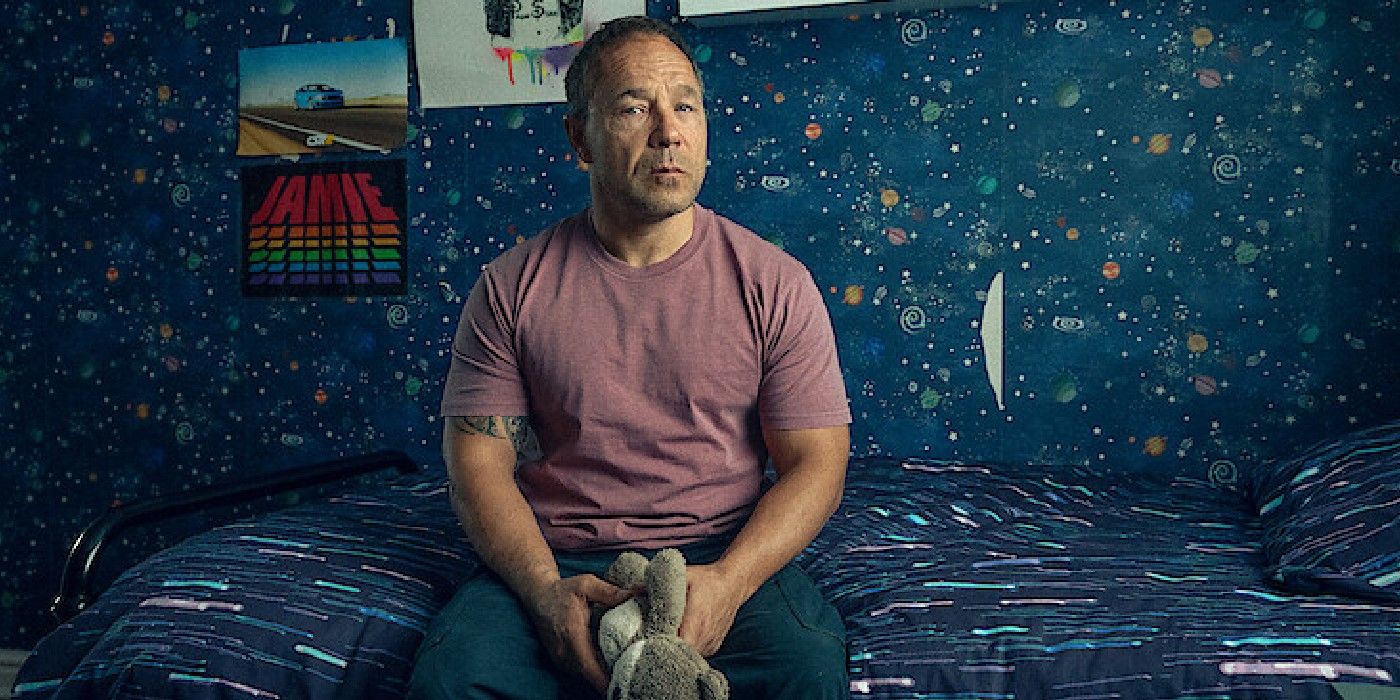
To some, this terminology may seem foreign or overly complex. This is certainly the case for DI Bascombe when he is trying to understand Jamie’s social media presence. Yet, this is exactly why shows like Adolescence are diving into these topics and ideas. More people, like DI Bascombe, need to learn and understand the ideals of incels and other internet groups in order to prevent further violence. If their views come to light, then it is easier to put a stop to them.
What’s The 80/20 Rule In Adolescence?
Jamie’s Story Is A Warning
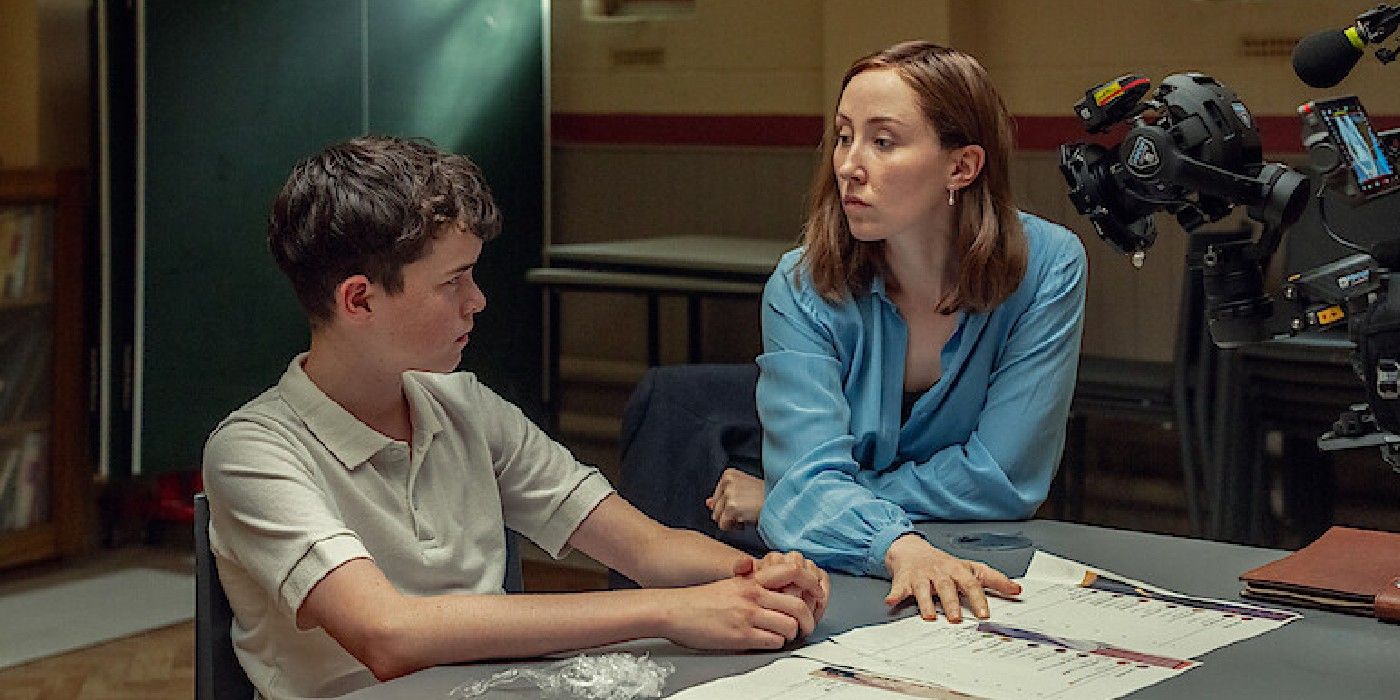
Audiences will likely find themselves invested in Jamie’s story, but they should also be left with questions.
At the end of the day, Adolescence is a gripping and disturbing series that has a lot to say about real-world issues. Audiences will likely find themselves invested in Jamie’s story, but they should also be left with questions. Adolescence’s exploration of incel culture and online misogyny is a warning for parents and anyone on the internet. The beliefs explored in Adolescence are not only harmful to those who believe them, but can also result in real violence.
